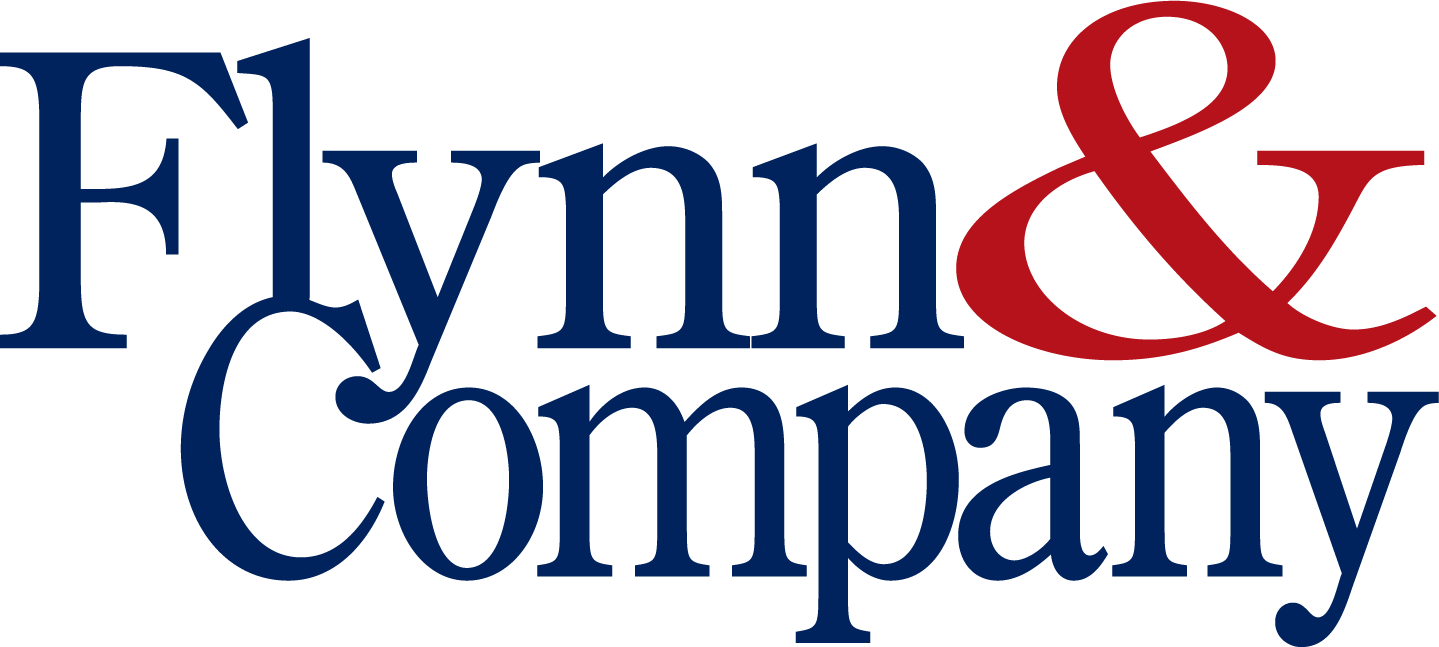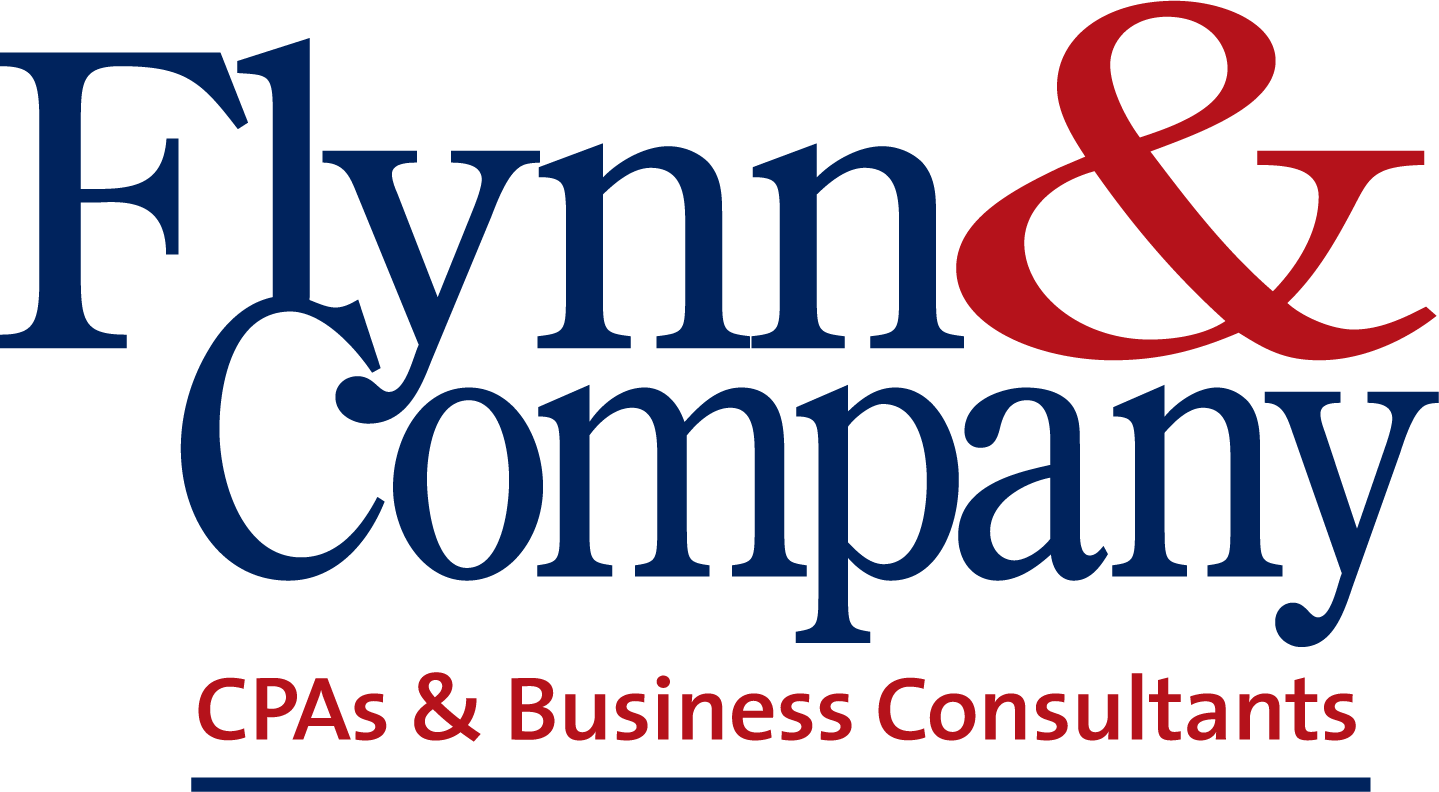Tax Advantages for Small Business Owners

The 2022 calendar tax year is over in the United States. But that does not mean small business owners should just forget about their tax liabilities until April rolls around next year.
The off-season is perhaps the best time of year to figure out how to optimize the tax advantages for small business owners. Flynn & Company understands how confusing tax laws can be for people without an accounting background. To help you out, this post explains three specific advantages savvy business leaders can leverage to reduce tax burdens:
-Tax Deductions
-Tax Exemptions
-Tax Credits
Common Deductions for Small Businesses
A tax deduction allows businesses to “write-off” certain expenses before calculating their taxable profits and by extension the amount of tax owed for the year. The IRS provides guidelines for claiming deductions, but it does not list every permissible option. In order to determine if an expense is eligible for deduction, the filer must first determine if the expense can be justified as usual and customary spending for their type of business.
For example, the IRS allows full deduction for travel expenses directly related to business operations. Writing off the cost of automobile leases, overnight accommodation expenses, and other travel-related costs for a sales force that has a large territory to cover would be considered an industry norm. In other words, most companies with similar business models would incur these necessary expenses as a primary cost of doing business.
In contrast, a small e-commerce business that utilizes cloud-based activities and remote sales strategies would not be able to justify large employee travel expenses, unless there is a necessity – such as traveling to required annual sales meetings.
To take advantage of this pre-tax season filing period, review IRS Publication 463 for details about the specific applications and tax law changes for next year.
Other Common Small Business Deductions
Many freelancers and small business owners often qualify to deduct the cost of maintaining a home office. If you're eligible, you can write off costs for maintaining a dedicated space for business-only activities. Examples of potential expenses include rent payments, mortgage interest and depreciation, property taxes, and utilities. The deduction is based on the size of your office relative to your home — for instance, if your office takes up 10% of your home, you can write off 10% of eligible expenses. That includes home repairs, and if the repair is just for the home office, you can write off the whole expense. Alternatively, the IRS offers a simplified deduction of $5 per square feet up to $1500.
Flynn & Company CPAs can help you leverage tax deductions to your advantage. You can also review IRS Publications 587, 523, 583 and 946. These online resources provide guidance for advanced tax topics such as how selling your home, establishing asset basis, and record-keeping impact your tax-reduction strategies.
Other deductions to explore include:
-Advertising costs
-Public relations
-Research and education expenses
-First-year startup expenses
-Insurance
-Professional fees
-Salaries and wages for employees
Common Tax Exemptions for Small Business Owners
A tax exemption allows businesses to completely avoid paying taxes on certain income. In some cases, organizations may exclude all revenue from taxable income. In particular, charitable organizations and nonprofits devoted to religious, scientific, literary, educational, or other purposes are tax-exempt.
These organizations may need to file a tax return, but they don't have to pay taxes on their profits. However, you can't base your tax-exempt status on your activities alone. You need to apply for tax-exempt status from the IRS.
When a company qualifies for Section 501(c) status, they typically do not owe tax on revenue generated. One advantage for small business owners is if they qualify for federal tax exemption, they usually qualify for state and local tax exemptions as well. This reduces the overall tax burden for small to mid-sized companies operating as non-profits.
Note that there are some exceptions and limitations that must be considered. For example, the IRS regulates political-activity revenue generation and spending. To learn more about these limits, download relevant IRS PDF files covering the basics of everything from application to tax reporting standards. Better yet, meet with your CPA to discuss additional benefits and learn how to avoid costly sanctions if you don't follow the tax code properly.
Other Common Small Business Tax Exemptions
Even if a small business owner doesn't qualify to exempt their profits from taxation, they should keep an eye out for other tax-saving opportunities. In particular, states sometimes offer sales tax relief for businesses in certain industries — .for example, Colorado allowed bars and restaurants to collect and retain state sales tax on and off for several months in 2021 and 2022. When this happens, you get to keep the sales tax that you collect.
Common Tax Credits Tax Advantages for Small Business Owners
Unlike a deduction, tax credits for small businesses are applied to the calculated tax burden. After you have applied all eligible deductions to reduce your taxable income, a credit is a final adjustment that reduces the amount of tax you owe. Remember that a $2000 tax deduction does not directly, dollar-for-dollar, lower the amount of tax a company owes. Instead, it lowers the amount of taxable income. So, the saving benefit of a deduction is valuable, but it's less than a credit which is applied dollar-for-dollar.
There are dozens of federal tax advantages for small business owners. Many states offer business tax credits. For example, general business credits include tax advantages related to enhancing efficiency and reducing harmful environmental impact.
Other Common Small Business Tax Credits
Some common federal tax credits include:
-Credit for differential wage payments
-Disability access credits
-Employer-sponsored health benefits credits
-Family and maternity plan credits
-Work opportunity credits
As you can see, the tax code is complicated. However, accessing every deduction, exemption and credit your small business qualifies for can dramatically reduce your tax burden. Flynn & Company CPAs take the stress and uncertainty out of tax filing.
Schedule a consultation today!





